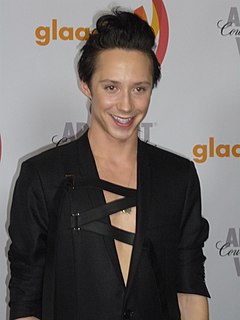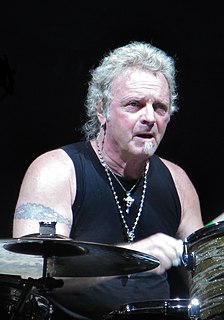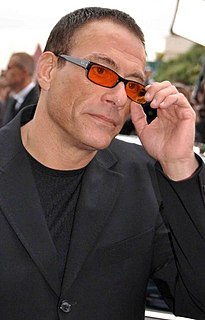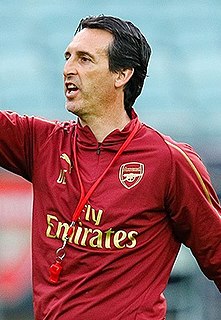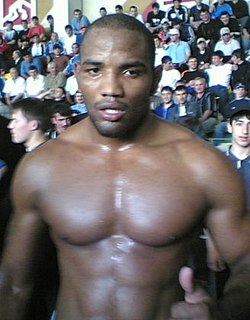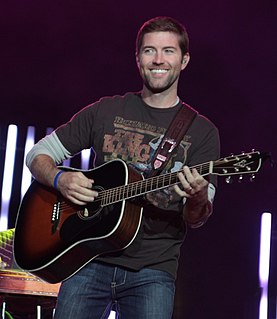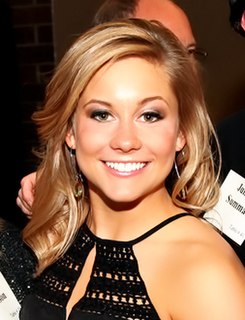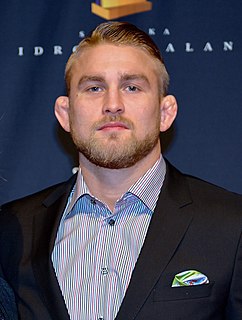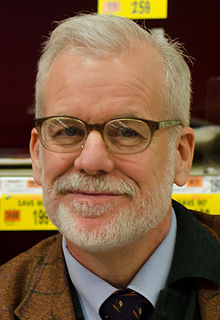A Quote by Johnny Weir
It's easier for me to go to Russia and train with top coaches and choreographers there than go to Colorado Springs and train with 14 of my competitors.
Related Quotes
I'm in the gym every day, Monday through Friday. And I train really hard to go out and do a tour. So that, basically, what I'm doing with my trainer is that I train harder in the gym than the amount of energy that I expend on the stage. So by the time I'm ready to go out on the road, doing a show is a whole lot easier.
I moved to Switzerland when I was 8, and during our breaks, we'd go to snowboard, and he'd take me to the mountains; we'd take a train. It was kind of crazy, you know. When I think about it, I wake up at 4, take a train to the mountains, sleep in the train and then go snowboard, and then come back. It was quite a mission.
I respect Bielsa a lot. For me, he is a special coach. I think the best coaches in the world work in different things, and a lot of coaches, we cannot train like Bielsa. It's difficult to train like Bielsa. But every coach can learn from different coaches. But with Bielsa, I think all coaches learn something from him.
'Long Black Train' was inspired by a vision that I had of a long, black train running down this track way out in the middle of nowhere. I could see people standing out to the sides of this track watching this train go by. As I was walking, experiencing this vision, I kept asking myself, 'What does this vision mean and what is this train?'
